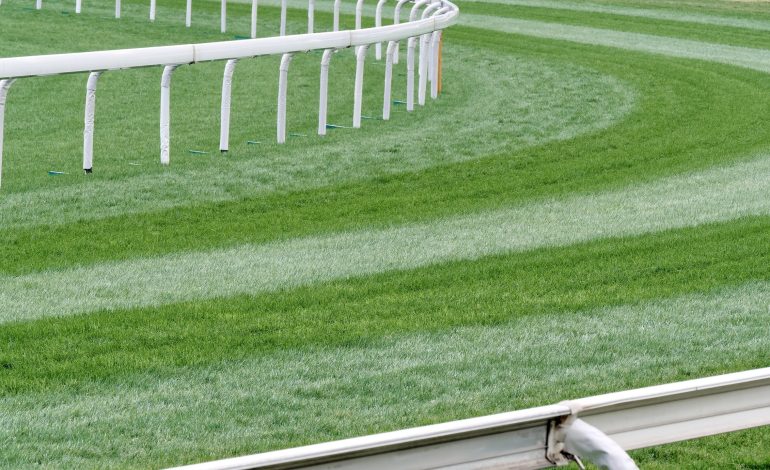Sports Data Rights: Competition Law issues remain unresolved

Shortly after the start of the Competition Appeal Tribunal (CAT) hearing in the much-anticipated case of Betgenius Limited v Sportradar AG and Others, came the announcement that the parties had reached a confidential settlement and the proceedings are stayed, with the remainder of the hearing vacated. Participants in the sports data market, including bookmakers, rightsholders and data services companies were hopeful that the Sportradar case, alongside the recently settled dispute in Racing Partnership Ltd v Sports Information Services Ltd (itself concerning a claim for misuse of confidential information in horse racing), was to provide much-needed judicial guidance on the competition law aspects of data exclusivity deals.
Sportradar concerned a challenge by a major sports data supplier, against a 2019 deal between Football DataCo (FDC) and Betgenius, which saw the latter company appointed as the data rightsholder for the English Premier League, English Football League and the Scottish Football League for a five year period. Betgenius was given the exclusive right to capture live match data by attending the games and distributing it to bookmakers. Sportradar, a competitor who had also applied to become a rightsholder was unhappy with the decision and started a secondary market, by having its own staff attend stadiums and reporting on the match developments. It is important to note here that the attendance of stadiums is key for data services companies, as all English and Scottish football games are broadcasted with a delay of between 5 and 10 seconds on live TV, therefore giving stadium attendees a competitive advantage when reporting to their customers (i.e. betting companies).
To tackle this secondary market run by Sportradar, FDC started enforcing ticket terms and conditions and ground rules to evict the company’s staff from stadiums. This resulted in Sportsradar launching competition law proceedings against Betgenius for abuse of dominant position. In return, Betgenius and FCA launched private law trespass claims against Sportradar.
An essential question for the CAT to determine, upon which the competition law proceedings depended, was whether Betgenius indeed enjoyed a dominant position, which it abused by refusing to sub-licence the data rights and by working with clubs to evict rivals’ staff from stadiums. The counterclaim depended on the outcome of the Competition Law claim.
While the terms of the settlement remain confidential, it is understood that Betgenius has agreed to license the data rights to Sportradar, albeit with a certain time delay. However, the fundamental issues of this case remain unresolved, leaving bookmakers and data rightsholders, in particular those in betting-heavy sports like football and horse racing, in a position of uncertainty.
